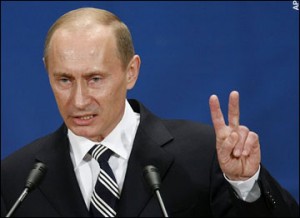
MARIKO Watanabe admits she could have chosen a better time to take up baking. This week, when the Tokyo housewife visited her local Ito-Yokado supermarket to buy butter to make a cake, she found the shelves bare.
“I went to another supermarket, and then another, and there was no butter at those either. Everywhere I went there were notices saying Japan has run out of butter. I couldn’t believe it – this is the first time in my life I’ve wanted to try baking cakes and I can’t get any butter,” said the frustrated cook.
Japan’s acute butter shortage, which has confounded bakeries, restaurants and now families across the country, is the latest unforeseen result of the global agricultural commodities crisis.
A sharp increase in the cost of imported cattle feed and a decline in milk imports, both of which are typically provided in large part by Australia, have prevented dairy farmers from keeping pace with demand.
While soaring food prices have triggered rioting among the starving millions of the third world, in wealthy Japan they have forced a pampered population to contemplate the shocking possibility of a long-term – perhaps permanent – reduction in the quality and quantity of its food.
A 130% rise in the global cost of wheat in the past year, caused partly by surging demand from China and India and a huge injection of speculative funds into wheat futures, has forced the Government to hit flour millers with three rounds of stiff mark-ups. The latest – a 30% increase this month – has given rise to speculation that Japan, which relies on imports for 90% of its annual wheat consumption, is no longer on the brink of a food crisis, but has fallen off the cliff.
According to one government poll, 80% of Japanese are frightened about what the future holds for their food supply.
Last week, as the prices of wheat and barley continued their relentless climb, the Japanese Government discovered it had exhausted its ¥230 billion ($A2.37 billion) budget for the grains with two months remaining. It was forced to call on an emergency ¥55 billion reserve to ensure it could continue feeding the nation.
“This was the first time the Government has had to take such drastic action since the war,” said Akio Shibata, an expert on food imports, who warned the Agriculture Ministry two years ago that Japan would have to cut back drastically on its sophisticated diet if it did not become more self-sufficient.In the wake of the decision this week by Kazakhstan, the world’s fifth biggest wheat exporter, to join Russia, Ukraine and Argentina in stopping exports to satisfy domestic demand, the situation in Japan is expected to worsen.
Read moreJapan’s Hunger Becomes a Dire Warning for Other Nations

